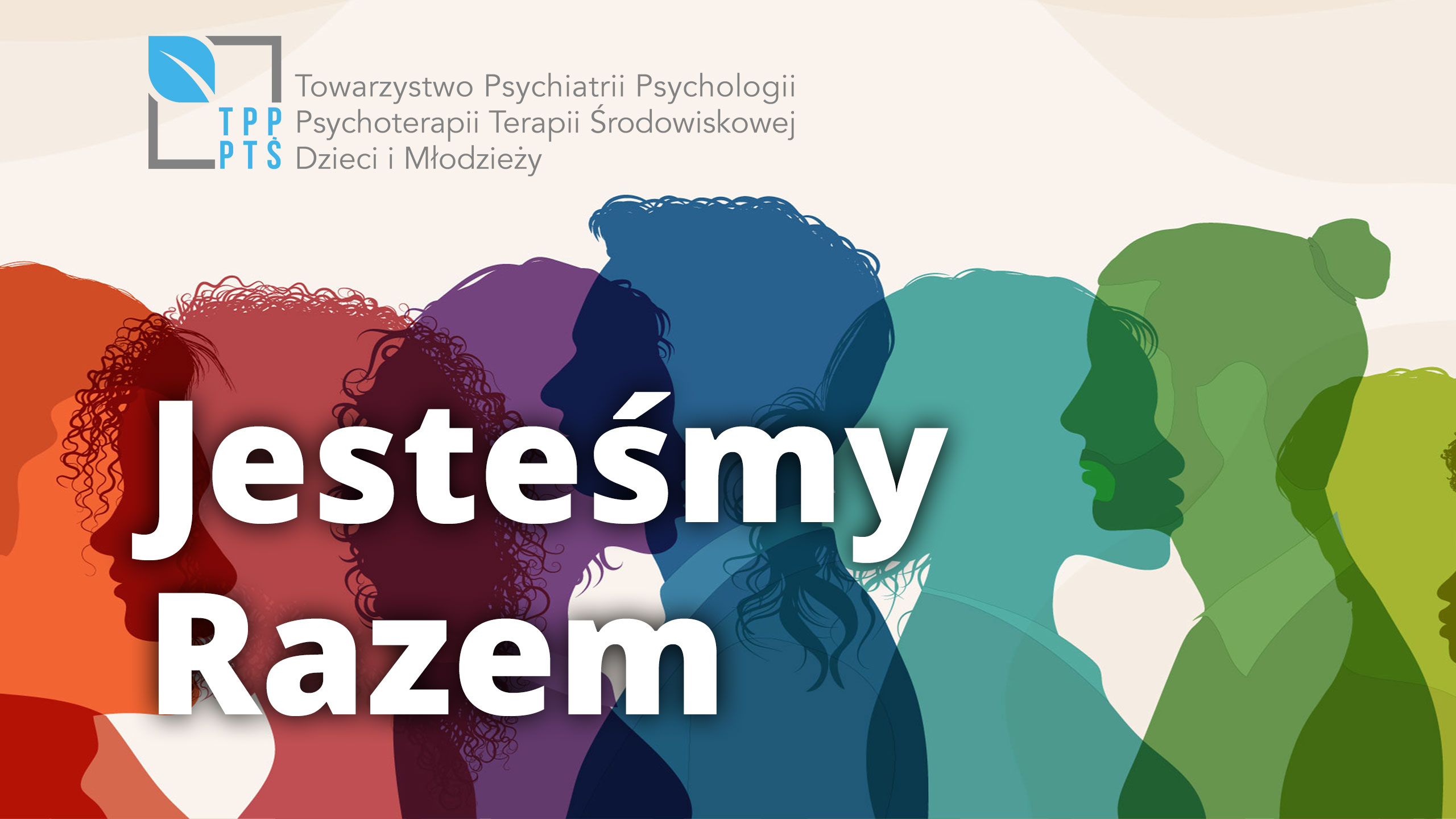The “right-hemispheric” language communication and intellectual functioning in children with ADHD
Natalia Jędrzejowska1, Aneta Rita Borkowska2
 Affiliacja i adres do korespondencji
Affiliacja i adres do korespondencjiThe studies were aimed at determining the level of functioning in the children with ADHD within language communication using the significant activity of the right cerebral hemisphere. In the context of the investigated language processes, the issues of ADHD children’s intellectual functioning and its correlation with the “right-hemispheric” language communication skills seem interesting. The participants of the studies were 30 boys with symptoms of ADHD and 30 healthy boys in 2 age groups: 8-11 and 12-14 years. The WISC-R was used to evaluate the examinees’ cognitive functioning and the Right Hemisphere Language Battery – RHLB-PL and a modified version of RHLB-PL with experimental trials adjusted to younger children, elaborated by the authors. The criterial and control groups did not differ significantly in the intelligence quotient values in the full, verbal and nonverbal scale of WISC-R, i.e. the main indicators of the cognitive skills level. However, three subtests of the Intelligence Scale differentiate between the group of children with ADHD and the group without ADHD. The children with ADHD find it more difficult to perform the tasks within the Arithmetic subtest and Mazes subtests, but they appear to do better with the Object Assembly subtest tasks. No differences were found between the subjects with ADHD and without the disorder in the measures of the “right-hemispheric” language functioning in both age groups. Moderate positive correlations were found between the IQ in the full, verbal and nonverbal scales and subtests of the WISC-R verbal scale and results of RHLB-PL.














